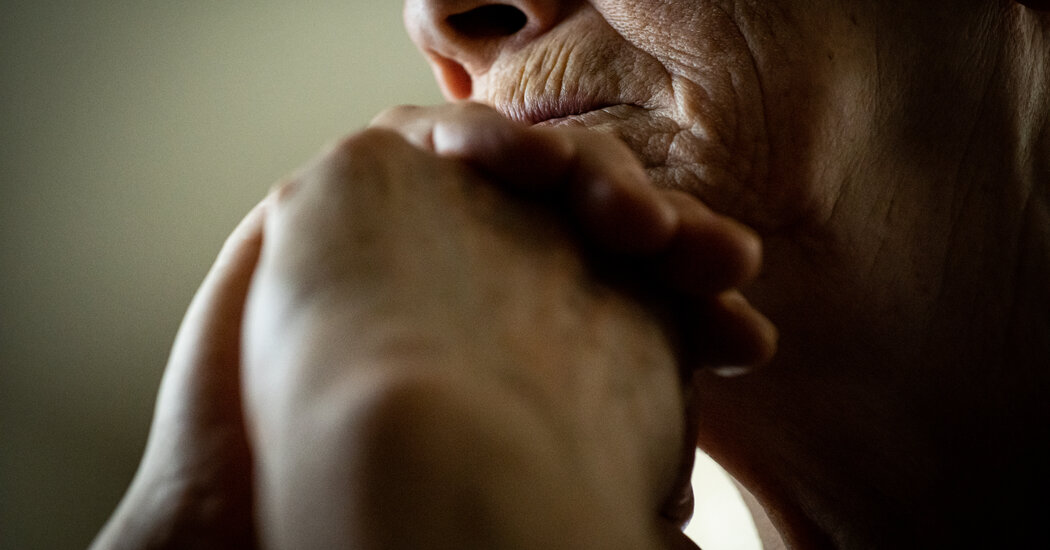After decades of rising life expectancy, the increases appear to be slowing. A new study calls into question how long even the healthiest of populations can live.
The oldest human on record, Jeanne Calment of France, lived to the age of 122. What are the odds that the rest of us get there, too?
Not high, barring a transformative medical breakthrough, according to research published Monday in the journal Nature Aging.
The study looked at data on life expectancy at birth collected between 1990 and 2019 from some of the places where people typically live the longest: Australia, France, Italy, Hong Kong, Japan, South Korea, Spain, Sweden and Switzerland. Data from the United States was also included, though the country’s life expectancy is lower.
The researchers found that while average life expectancies increased during that time in all of the locations, the rates at which they rose slowed down. The one exception was Hong Kong, where life expectancy did not decelerate.
The data suggests that after decades of life expectancy marching upward thanks to medical and technological advancements, humans could be closing in on the limits of what’s possible for average life span.
“We’re basically suggesting that as long as we live now is about as long as we’re going to live,” said S. Jay Olshansky, a professor of epidemiology and biostatistics at the University of Chicago at Illinois, who led the study. He predicted maximum life expectancy will end up around 87 years — approximately 84 for men, and 90 for women — an average age that several countries are already close to achieving.
